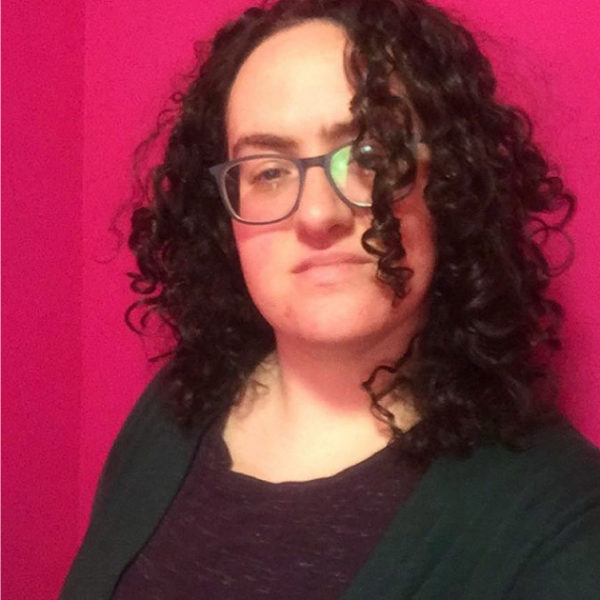A New Path for Minnesota
By: Ruby Levine
—
I spent a year working at Whole Woman’s Health’s EmPowerline. This meant I was making appointments and answering questions for people seeking abortions in Texas, Illinois, Maryland, and right here in Minnesota. Every day, it struck me how unnecessarily burdened our Minnesota patients were compared to our patients in Maryland. The 24-hour waiting period, which requires our patients to listen to a script full of patronizing, misleading information over the phone, and then wait a full 24 hours, simply doesn’t exist in Maryland. Neither does the logistically and emotionally fraught requirement for minors to legally prove they notified both parents who appear on their birth certificate before they can access their right to choose.
Seeing daily how different life is for people seeking abortion, simply because of the state where they happen to live, made me hyper-aware of the choices we make in how we legislate access to abortion. We can immiserate and punish people who are seeking abortions, or we can trust them to make their own choices. Maryland has not fallen into chaos without these restrictions. Another path forward is possible, and Minnesota can join the many states where people seeking abortions are trusted and respected to decide what is best for themselves.
Around the end of my time at Whole Woman’s Health, I read a Twitter thread from Alexandra Erin about what she calls “The Shirley Exception.”
So I just saw someone wondering how liberals can cut ties with conservative friends and family members over immigration policies when most Americans (including most conservatives) support immigration reform.
I’m going to talk about what I call the Shirley Exception.
— Alexandra Erin (@AlexandraErin) June 6, 2018
This is the concept that surely, in legitimate cases, there must be an exception for the type of person the lawmaker thinks deserves it. Reading this thread reminded me of all the people who hadn’t been considered when Minnesota’s laws were drafted:
- Rape victims who had to be told “the father is liable to pay costs relating to your pregnancy.”
- Minors with two supportive parents who simply couldn’t get off work to both come to the appointment.
- Trans people who have to hear legally mandated gendered language, whether or not it describes them.
- People without consistent access to a phone, who struggle to receive a phone call from a doctor to begin the 24-hour waiting period. Or people who don’t speak English and have to coordinate with both the doctor and an interpreter, possibly adding days to their wait time.
- People with wanted pregnancies that were discovered to be non viable after the point where they would need a two-day procedure. At many clinics, these procedures are only performed once a week. If a patient called the day before an open appointment, they would be unable to attend the next-day appointment due to the 24-hour waiting period, which can force them to wait a full week.
In reality, clinics that provide abortion care are not allowed the type of discretion that the “Shirley Exception” presumes they would have. All patients are required to follow the same rules. While these restrictions are unnecessary in all cases, they feel especially cruel when interacting with patients whose circumstances were never considered by the people who wrote these laws.
Here in Minnesota, we have an opportunity to change for the better. We can continue to punish people seeking abortions, or we can choose to be a leader in the region. We can make life a little (or a lot) easier for people who are often facing a difficult circumstance. By repealing these unfair restrictions, we can only make our state better.
 Ruby Levine has a Master of Social Work degree from the University of Minnesota. She has worked at Whole Woman’s Health and is a volunteer with the SPIRAL Collective.
Ruby Levine has a Master of Social Work degree from the University of Minnesota. She has worked at Whole Woman’s Health and is a volunteer with the SPIRAL Collective.
